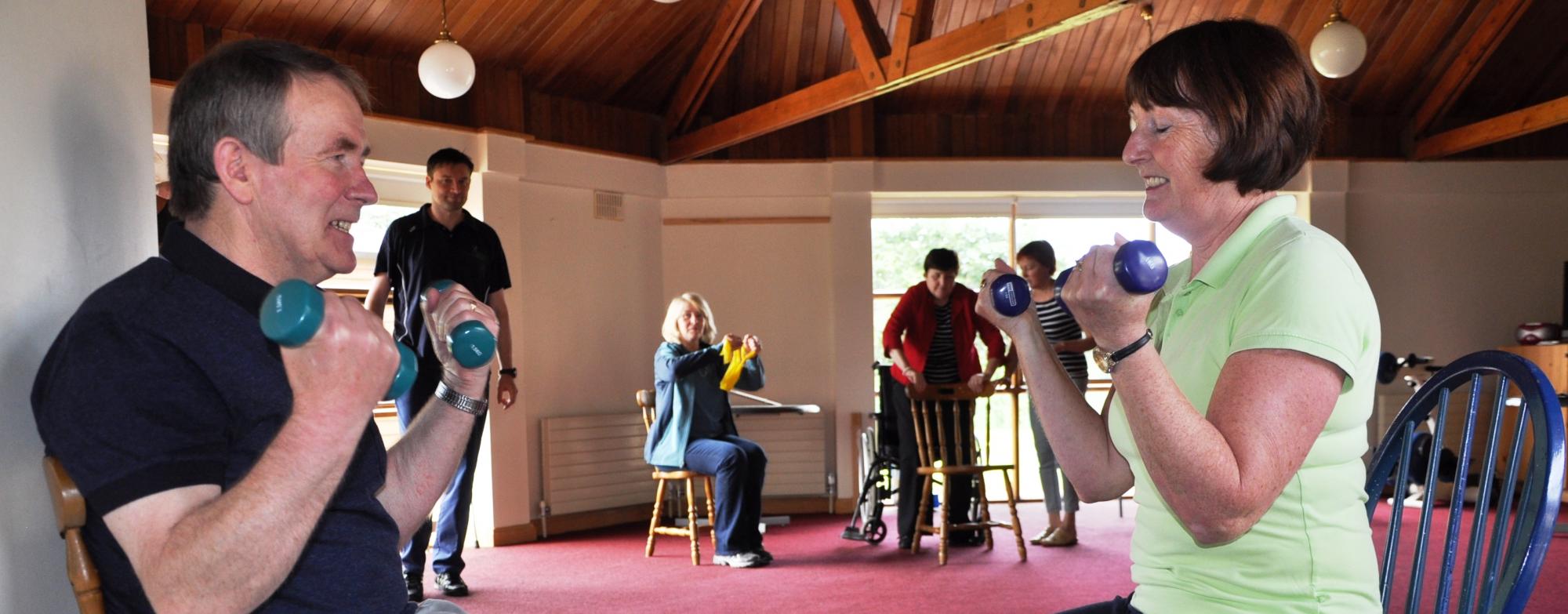Taking Care of Yourself

Taking Care of Yourself
TAKING CARE OF YOURSELF
Providing emotional support and physical care for someone with MS can be deeply rewarding. It can also be overwhelming. The strain of balancing care with other responsibilities can lead to feelings of martyrdom, anger, depression and guilt. One of the biggest mistakes Care Givers make is thinking they can handle everything alone. The key thing to remember is that you have to take care of yourself, too. If you don't, you may find it challenging to be a successful caregiver
Why doesn’t anyone ask how I am?
It is easy to feel invisible when you are a Care Giver. Everyone’s attention goes to the person with MS and no one seems to understand what the Care Giver is going through. Many Care Givers say no one even asks. Mental health experts say it’s not wise to let feelings of neglect build up.
Care Givers need to speak up and tell other people what they need and how they feel. If this seems like disloyalty to a partner or family member, or a Care Giver fears being labelled a complainer, reach out to support groups or counsellors to learn constructive communication techniques.
Self-help/Carer Support groups can provide an outlet for emotions and a source of much needed practical information. All MS Ireland’s Regional Offices have information about self-help groups for people with MS, and many have groups for Care Givers as well.
Many Care Givers say it is difficult to find time to attend group meetings. They want to use their limited time for other things. The benefits of a group might be obtained through the Internet. Further information on how Care Givers use the internet for support can be found in this discussion paper from Care Alliance Ireland
Roles and gender differences
Women and men who act as Care Givers face the same day-today responsibilities, frustrations, and satisfactions. However, female Care Givers may feel more comfortable than male Care Givers, since care giving has traditionally been viewed as a more feminine role.
Studies have found that many men who are Care Givers report difficulty in discussing their problems and are more likely to suppress emotional reactions. They find it more difficult to ask for help and many do not use the resources available to Care Givers. On the other hand, men may be more willing to participate in social and recreational activities that contribute to their overall well-being.
Women are often better at expressing their feelings and accessing supportive networks. But women Care Givers are more likely to neglect their own health, and their need for outside activities. They tend to report more physical and emotional ailments than their male counterparts.

